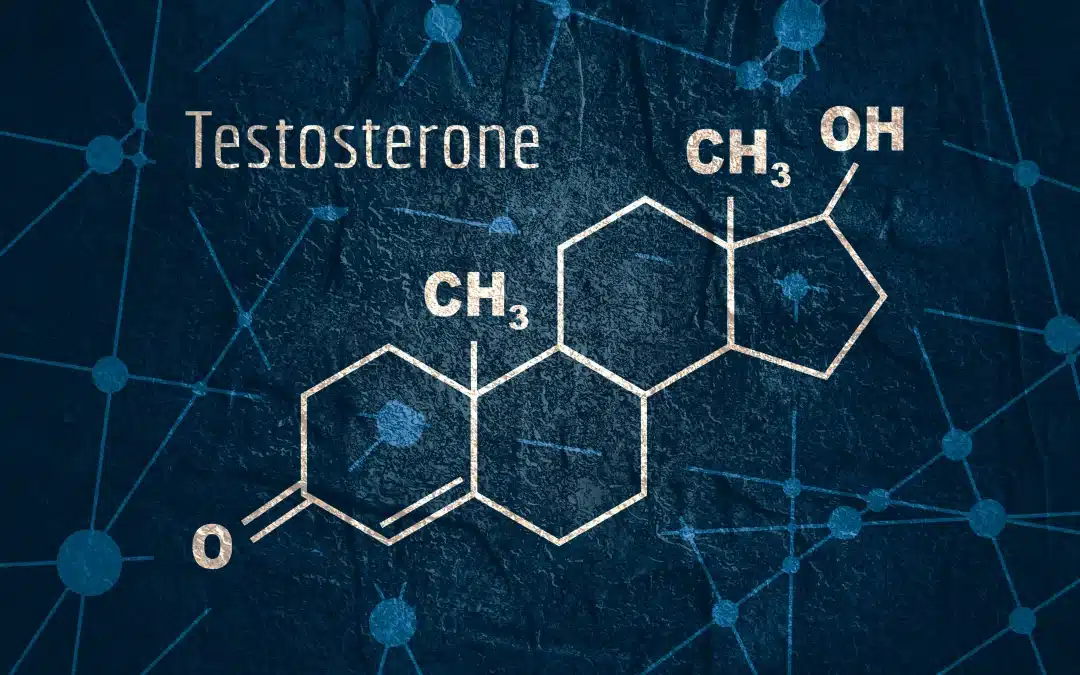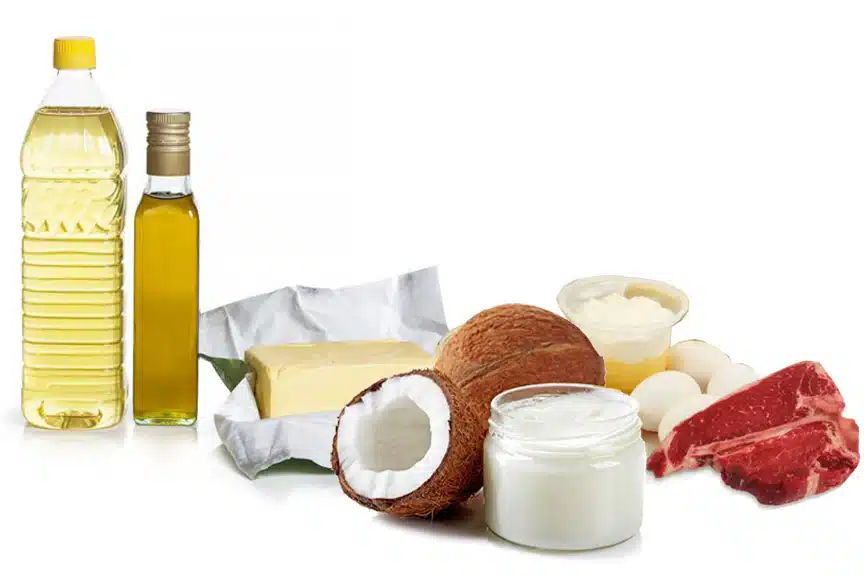In our modern lives, convenience often takes precedence over health considerations. One such area where this trade-off occurs is in the realm of dishwasher detergents. While these products undoubtedly make our lives easier by effortlessly cleaning our dishes, their impact on our gut health is often overlooked. As we delve deeper into this topic, we uncover a complex interplay between the chemicals found in dishwasher detergents and the delicate balance of our gut microbiome. Disruptions to this delicate balance can have far-reaching consequences, leading to a range of health issues, including inflammation, autoimmune disorders, and even mental health conditions.
Harmful Chemicals in Dishwasher Detergents and their Effect on Gut Health
Dishwasher detergents are formulated with a complex blend of chemicals designed to break down stubborn food residues and leave our dishes sparkling clean. However, some of these ingredients have been linked to potential gut health concerns [1-3]. Let’s take a closer look at some of the most common culprits:
- Surfactants: These compounds are responsible for the detergent’s cleaning power, but they can also disrupt the delicate balance of gut bacteria. Certain surfactants, such as sodium lauryl sulfate (SLS), have been associated with increased intestinal permeability, also known as “leaky gut.”
- Chlorine-based compounds: Dishwasher detergents often contain chlorine-based compounds like chlorinated trisodium phosphate (TSCP) to aid in stain removal and whitening. However, these chemicals can contribute to the formation of harmful byproducts that may damage gut cells and promote inflammation.
- Fragrances and dyes: While these additives enhance the aesthetic appeal of detergents, many synthetic fragrances and dyes have been linked to gut irritation and potential disruption of the gut microbiome.
If not fully rinsed from dishes these chemicals can disrupt the delicate balance of beneficial bacteria, leading to dysbiosis [1-3]. This imbalance could weaken the gut lining, allowing harmful substances to enter the bloodstream and triggering an inflammatory response throughout the body. However, it’s important to note that the effects of dishwasher detergents on gut health may vary from person to person, as individual factors such as genetics, diet, and overall health status play a role in determining susceptibility. Additionally, it could also depend on the function of your dishwasher.
The Role of Dishwasher Pods in Gut Health Concerns
In recent years, dishwasher pods have gained popularity due to their convenience and pre-measured formulations. However, these concentrated packets pose additional risks to gut health. Dishwasher pods typically contain higher concentrations of harsh chemicals, increasing the potential for exposure and ingestion, particularly in households with young children or pets.
Furthermore, the dissolvable outer coating of dishwasher pods can release microscopic particles into the air, which can be inadvertently inhaled or ingested. These particles may contribute to gut inflammation and exacerbate existing gut-related conditions.
It’s crucial to exercise caution when using dishwasher pods and to store them securely out of reach of children and pets. Additionally, proper ventilation in the kitchen area can help mitigate the risk of inhaling airborne particles from dishwasher pods.
Natural Alternatives to Traditional Dishwasher Detergents
As awareness of the potential gut health risks associated with traditional dishwasher detergents grows, many consumers are seeking natural alternatives. These eco-friendly options prioritize gut health but also promote sustainability and environmental responsibility.
- Plant-based detergents: These detergents are formulated using plant-derived ingredients like soap nuts, coconut oil, and essential oils. They are free from harsh chemicals and often biodegradable, making them a gentler choice for both your gut and the environment.
- Enzyme-based cleaners: Enzymes are naturally occurring proteins that can break down organic matter, making them effective at removing stains and residues. Enzyme-based dishwasher detergents are typically free from synthetic chemicals and are less likely to disrupt gut health.
- Baking soda and vinegar: This classic combination has been used for generations as a natural cleaning solution. Baking soda acts as a mild abrasive, while vinegar helps to cut through grease and grime. Together, they can provide a gentle yet effective alternative to traditional dishwasher detergents.
When transitioning to natural alternatives, it’s important to adjust your expectations and be patient. These products may require a bit more elbow grease or longer soaking times, but the benefits to your gut health and the environment make them a worthwhile investment.
Tips for Maintaining a Healthy Gut While Using Dishwasher Detergents
While transitioning to natural alternatives is an ideal solution, we understand that it may not always be feasible or practical. In such cases, here are some tips to help mitigate the impact of traditional dishwasher detergents on your gut health:
- Rinse thoroughly: After the dishwasher cycle is complete, rinse your dishes thoroughly with clean water to remove any residual detergent.
- Avoid hand-washing with detergent: When hand-washing dishes, opt for a mild, plant-based soap instead of using dishwasher detergent directly.
- Incorporate gut-friendly foods and/or take probiotic supplements: Consume a diet rich in prebiotic and probiotic foods to support a healthy gut microbiome. Probiotics can be found in fermented foods like yogurt, kefir, and sauerkraut, or in supplemental form. When combined with a diet rich in prebiotic foods (such as onions, garlic, and whole grains), which serve as fuel for the beneficial bacteria, probiotics can help counteract the potential negative effects of dishwasher detergents on gut health.
- Stay hydrated: Drinking plenty of water can help flush out any harmful substances and promote overall gut health.
Choosing Dishwasher Detergents that are Safe for Gut Health
As consumers become more aware of the potential impact of dishwasher detergents on gut health, the demand for safer and more transparent products is on the rise. When selecting a dishwasher detergent, consider the following factors:
- Ingredient transparency: Look for products that clearly list all ingredients on the label, avoiding those with vague or ambiguous terms like “fragrance” or “dyes.”
- Certifications: Choose detergents that are certified by reputable organizations like the Environmental Working Group (EWG) or the EPA’s Safer Choice program, which evaluate products based on their environmental and health impacts.
- Plant-based formulations: Opt for detergents that are formulated using plant-derived ingredients, as they are generally gentler on the gut microbiome.
- Fragrance-free options: Synthetic fragrances can be irritating to the gut, so consider choosing fragrance-free or naturally scented detergents.
- Concentrated formulas: Highly concentrated detergents require less product per load, reducing overall exposure to potentially harmful chemicals.
The Future of Dishwasher Detergents and Gut Health
As research continues to shed light on the intricate relationship between dishwasher detergents and gut health, the industry is responding with innovative solutions. Here are some exciting developments to look forward to:
- Microbiome-friendly formulations: Manufacturers are exploring the use of prebiotics and probiotics in dishwasher detergent formulations, aiming to support a healthy gut microbiome while effectively cleaning dishes.
- Enzyme-based cleaners: Advances in enzyme technology are paving the way for more powerful and eco-friendly enzyme-based dishwasher detergents that are gentle on the gut.
- Biodegradable and plant-based ingredients: With increasing consumer demand for sustainable and natural products, we can expect to see more biodegradable and plant-based dishwasher detergents on the market.
- Improved transparency and labeling: Regulations and consumer advocacy groups are pushing for greater transparency in product labeling, making it easier for consumers to make informed choices about the ingredients in their dishwasher detergents.
As the industry evolves and prioritizes gut health, we can look forward to a future where effective and safe dishwasher detergents become the norm, allowing us to enjoy the convenience of clean dishes without compromising our overall well-being.
Conclusion
The effect of dishwasher detergents on gut health is a complex and often overlooked issue. While these products undoubtedly make our lives more convenient, the potential risks to our delicate gut microbiome cannot be ignored. By understanding the harmful chemicals present in traditional detergents and exploring natural alternatives, we can take proactive steps to protect our gut health.
Incorporating probiotics and making informed choices when selecting dishwasher detergents are all practical strategies that can help mitigate the potential negative effects of these products. Remember, our gut health is intrinsically linked to our overall well-being, and taking steps to nurture and protect this delicate ecosystem can have far-reaching benefits.
Sources
[1] https://www.jacionline.org/article/S0091-6749(22)01477-4/fulltext
[2] Yang, H., Wang, W., & Zhang, G. (2019). Consumer Antimicrobials on Gut Microbiota and Gut Health. DNA and cell biology, 38(1), 7–9. https://doi.org/10.1089/dna.2018.4483
[3] Rosenfeld C. S. (2017). Gut Dysbiosis in Animals Due to Environmental Chemical Exposures. Frontiers in cellular and infection microbiology, 7, 396. https://doi.org/10.3389/fcimb.2017.00396
https://www.mindbodygreen.com/articles/how-dish-detergent-may-harm-gut-microbiome
https://newatlas.com/health-wellbeing/chemical-detergents-washing-dishes-harm-gut-health/
https://ask.metafilter.com/379964/Dishwasher-detergent-recommendations-for-the-sensitive-stomach
https://womenshealth.com.au/dish-washing-liquid-effect-on-gut-health/
https://www.canr.msu.edu/news/science-vs-sensation-dishwasher-detergent-safety
https://www.ewg.org/cleaners/substance_groups/49-Surfactants/








